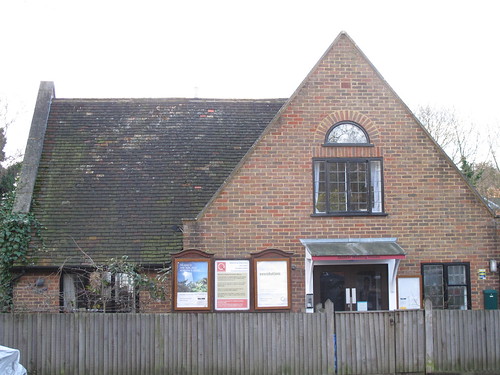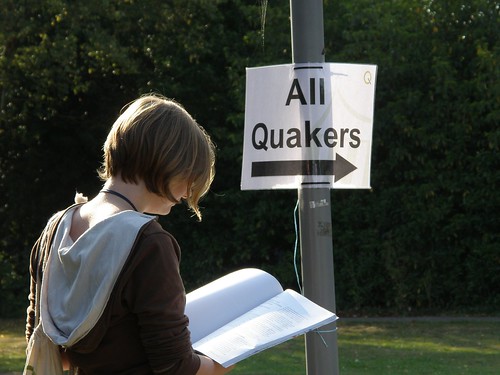Is a Meeting House…
- a place of worship?
- a business?
- a social enterprise?
- a community resource?
Or some combination of the above?
Historically Quakers have been very good at running businesses (including banks). In current years this has been viewed with more suspicion. Quakers In Business have a set of principles on their website which talk about how Quakers can run a business in a Quakerly fashion.
Why and how those ideas and questions
might be applied to your Meeting House
Quakers have Testimonies to Equality and Truth.
- Does the giving of a discount fit into your understanding of treating all hiring groups equally?
- Or, if a discount is available ‘but only to certain groups’, is that truthful to explain and simple to manage?
As I mentioned in a previous post Why Have a Meeting House? a discount can just happen, rather than be considered in a businesslike matter.
A practical example:
X Business Meeting hears from a small group of members and attenders that they feel the local Amnesty group is one that X Business Meeting corporately might want to support. Citing the many links between the local group and members of the meeting, Amnesty’s Quaker roots and its important work in helping to promote human rights. They ask the meeting to discern a way forward.
What is the best approach? The meeting could waive all room fees for Amnesty. But then what happens if a problem develops? Or if the Amnesty group start to request more meetings as they now have a free venue? Or if the meeting decide they want to use their meeting house for a Quaker event – who has priority?
Would it be clearer to everyone (more in Right Ordering perhaps…) if Amnesty were charged the same as any group and X Local Meeting decides each year if they should hold a special collection, or agree that a donation should be given from meeting funds to the local group. Either the collection or the donation could of course be equal to the amount of room hire they had received.
The small group could also of course raise money for the local group by organising a joint venture – book sales, concerts, and other fundraising groups can not only bring Quakers together as a community but also help form links to the local community.
Of course, the meeting might decide for a wide variety of reasons that part or all of the building can be supplied free of charge to a specific list of Quaker and non-Quaker groups. For me, what is important is that the decision is mindfully made and the consequences of that decision realised.
- Have you had to deal with this in your meeting?
- What do you think?
- How was the conflict resolved?





